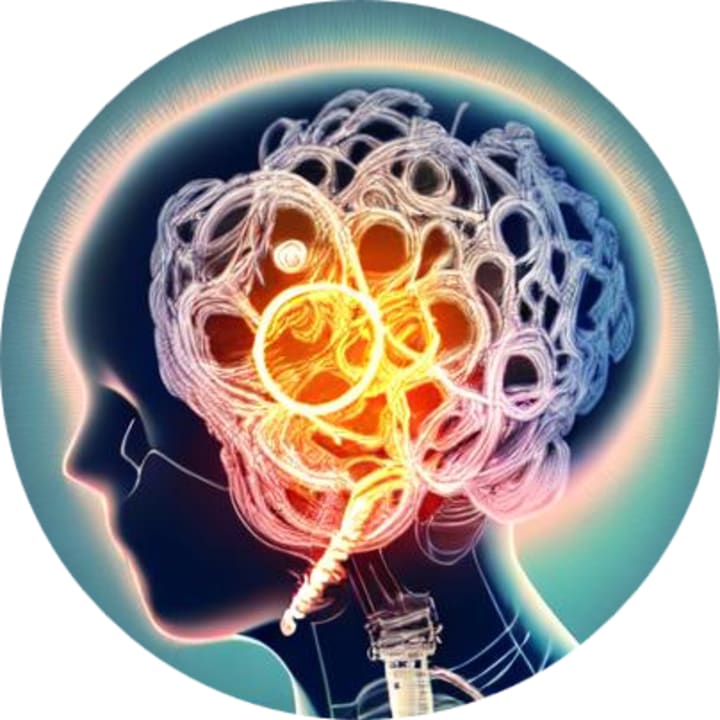How to Navigate Through Confusion: A Comprehensive Guide.
"How to Navigate Through the Fog of Confusion and Find Clarity"

Confusion is a state of mind that is often described as feeling lost, bewildered, or uncertain. It is a feeling that can range from mild to severe, and it can be caused by a wide range of factors, including stress, anxiety, depression, and even physical illness. At its core, confusion is a state of mental disorientation, a feeling of being disconnected from reality or not knowing what to do next.
One of the most common causes of confusion is stress. When we are stressed, our brains become overwhelmed with the number of tasks we need to complete and the demands on our time and attention. This can lead to mental exhaustion, making it difficult to think clearly and make decisions. When we are in this state of mind, we can easily become confused, forgetful, and overwhelmed.
Another cause of confusion is anxiety. Anxiety is a feeling of unease, such as worry or fear, that can be mild or severe. Anxiety can cause confusion by making it difficult to focus, leading to racing thoughts and difficulty concentrating. This can lead to a feeling of being overwhelmed and lost, as if everything is happening too fast and we can't keep up.
Depression can also cause confusion. Depression is a mood disorder that causes a persistent feeling of sadness and loss of interest in activities that we normally enjoy. When we are depressed, we may struggle to concentrate, remember things, or make decisions. This can lead to a feeling of being disconnected from reality, as if we are watching life pass us by without being able to fully participate.
Physical illness can also cause confusion. Illnesses that affect the brain, such as dementia, Parkinson's disease, or brain tumors, can cause confusion by altering brain function. Other illnesses, such as infections or metabolic disorders, can cause confusion by affecting other bodily functions that can impact the brain's ability to function properly.
In addition to these causes, confusion can also be a symptom of a larger mental health condition, such as bipolar disorder or schizophrenia. These conditions can cause confusion by affecting the way the brain processes information, leading to a feeling of being disconnected from reality or experiencing delusions and hallucinations.
So, what can we do when we are feeling confused? One of the best things we can do is to take a step back and try to identify the cause of our confusion. Are we feeling stressed, anxious, or depressed? Are we dealing with a physical illness? Once we have identified the cause, we can take steps to address it. This may involve seeking help from a mental health professional, talking to our doctor about physical symptoms, or finding ways to manage stress and anxiety.
Another way to manage confusion is to practice mindfulness. Mindfulness involves focusing on the present moment and becoming more aware of our thoughts and feelings. By practicing mindfulness, we can learn to quiet the noise in our minds and focus on what is happening in the present moment. This can help to reduce feelings of confusion and anxiety and improve our overall mental health and wellbeing.
In conclusion, confusion is a complex state of mind that can be caused by a wide range of factors, including stress, anxiety, depression, physical illness, and mental health conditions. By taking steps to identify the cause of our confusion and practicing mindfulness, we can reduce our feelings of confusion and improve our overall mental health and wellbeing. Remember, it's okay to ask for help when we need it, and seeking support from a mental health professional can be a valuable tool in managing confusion and other mental health concerns.
#confusion #mentalhealth #mindfulness #anxiety #stress #depression #wellbeing #health #selfcare #support #help #awareness #healing #therapy #counseling

About the Creator
MAKING REAL MONEY
Follow me!
Reader insights
Outstanding
Excellent work. Looking forward to reading more!
Top insight
On-point and relevant
Writing reflected the title & theme






Comments
There are no comments for this story
Be the first to respond and start the conversation.